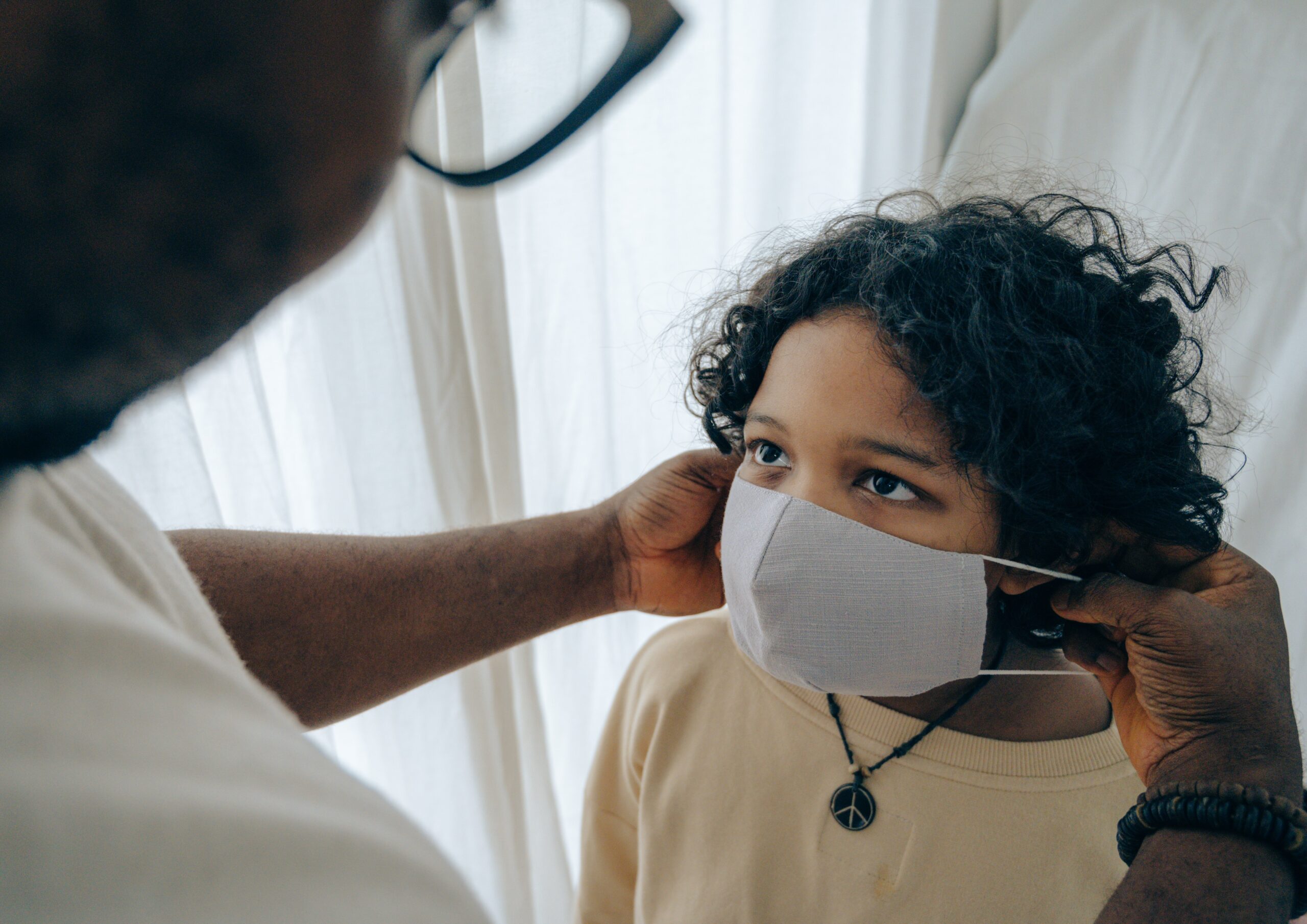Among the many types of tasks healthcare workers perform is patient handling. This includes things such as lifting, repositioning, transferring, and mobilizing patients. Safety concerns can arise for healthcare workers about such tasks. Sometimes, such workers suffer injuries, such as musculoskeletal injuries, during patient handling.
So, it can be very important for healthcare workers to understand their rights regarding patient handling.
Why Patient Handling is a Critical Safety Issue in Healthcare
Handling patients is a daily reality in hospitals, nursing homes, and long-term care facilities. These physical activities, while necessary for patient care, place a heavy strain on the bodies of nurses, aides, and other frontline staff. Over time, repetitive movement, awkward postures, and heavy lifting lead to long-term occupational injuries that often go unaddressed until severe damage occurs.
The Human Cost of Unsafe Handling
Consider a nurse who must reposition a non-ambulatory patient every few hours. Without the proper equipment or help, this can lead to chronic lower back pain. Even more concerning are sudden injuries such as spinal disc herniation, rotator cuff tears, or nerve compression. These aren’t isolated incidents; they’re systemic issues that demand a systemic legal and organizational response.
California Laws on Patient Handling
California is one of the few states that has taken meaningful steps to codify patient handling safety into law. The California Hospital Patient and Health Care Worker Injury Protection Act and relevant Cal/OSHA regulations provide a strong framework to hold healthcare institutions accountable.
Hospitals in California are legally required to develop and implement comprehensive Safe Patient Handling Policies. These policies must be backed by data, reviewed regularly, and include both physical safety measures and legal protections.
Legal Duties of California Hospitals Include:
- Drafting and updating safety plans that address various patient handling scenarios
- Assigning safety coordinators to oversee training and compliance
- Mandating annual training programs that include hands-on simulations and technique refinement
- Providing and maintaining equipment, such as mechanical lifts and slide sheets
- Recording all injuries and near-miss events related to patient handling
What Are Your Rights as a Healthcare Worker?
Healthcare workers are not passive participants in this ecosystem; they have enforceable rights that protect their health and livelihood. California labor law and Cal/OSHA regulations grant workers the authority to question unsafe conditions and seek justice if their rights are violated.
Core Rights You Should Know:
- The right to work in a safe and ergonomically sound environment
- The right to refuse unsafe lifting assignments
- The right to anonymous whistleblower protections
- The right to receive compensation and medical care through the workers’ compensation system
Your employer must not only inform you of these rights but also actively support their implementation through policy, equipment, and personnel.
The Role of Cal/OSHA in Ensuring Compliance
Cal/OSHA is the regulatory body responsible for workplace health and safety in California. It issues citations, audits safety plans, and educates institutions on best practices. Their Safe Patient Handling Factsheet offers a guideline for hospital administrators, but more importantly, it’s a legal reference point for workers asserting their rights.
Hospitals that fail to comply with Cal/OSHA directives can face fines, legal action, and even loss of operating licenses in extreme cases.
Workers’ Compensation and Legal Remedies for Injured Healthcare Workers
When a California hospital worker suffers an injury in connection to patient handling, another set of rights that can end up being very impactful for them are their rights related to workers’ compensation.
Workers’ compensation is a legally mandated insurance program that provides wage replacement, medical care, and job retraining in the event of a workplace injury. Navigating this system, however, can be daunting, especially when employers or insurers attempt to downplay the severity of your injury.
Common Legal Pitfalls Include:
- Denial of claims citing “pre-existing conditions”
- Delays in providing medical evaluations or treatments
- Insufficient understanding of long-term injury effects, like chronic pain
Our Law Firm Can Help You:
- Properly document your injury and symptoms
- Challenge claim denials and appeal decisions
- Secure fair compensation for your pain, time off work, and long-term effects
If you’ve been injured at work, contact Hussain & Gutierrez Law immediately. We’ll handle the legal burden so you can focus on recovery.
What Equipment Should Hospitals Provide?
California law mandates that hospitals must not only provide but also maintain proper assistive equipment to prevent injuries during patient handling tasks. This includes a wide array of ergonomic and mechanical devices, such as:
- Overhead ceiling lifts
- Mobile hoists and Hoyer lifts
- Gait belts with handles
- Slide sheets and friction-reducing devices
- Transfer boards and patient positioning aids
These tools are not optional,they are legally required elements of a safe working environment. Employers must also ensure these tools are accessible, functional, and that staff is trained in their use.
The Role of Labor Unions and Legal Advocates
Labor unions such as the California Nurses Association (CNA) play a crucial role in advocating for safer workplace conditions. They often act as intermediaries between staff and administration, pushing for changes that individuals alone cannot achieve.
Additionally, legal advocates ensure that if your rights are violated, you have the legal recourse to pursue compensation. Experienced attorneys can gather evidence, navigate the complex bureaucracy of state workers’ comp boards, and protect you from retaliation.
The Complaint and Reporting Process
If you are exposed to unsafe conditions or denied your rights, there are formal steps you can take:
- Document everything, tasks performed, equipment used (or not used), and injuries sustained.
- Report the incident internally to your supervisor and the HR department.
- File a complaint with Cal/OSHA; this can be done anonymously.
- Consult with a legal team to explore further options.
These steps form a legal trail that strengthens your claim and protects you under California law.
How Does California Stand Nationally?
Unlike many other states, California leads the nation in patient handling protections. However, that doesn’t mean enforcement is always perfect. Comparing laws from states like Texas or Florida highlights how California’s proactive stance gives healthcare workers a much stronger position in asserting their rights.
Other states may not mandate equipment provision or may lack a formal complaint process, California sets a standard that others are slowly beginning to follow.
Frequently Asked Questions (FAQs)
Can I legally refuse to lift a heavy patient?
Yes. California law empowers you to refuse unsafe lifting tasks that could result in injury.
What happens if I report unsafe conditions?
You’re protected by whistleblower laws and cannot be legally punished for making a report.
Can I get compensation for long-term injuries from repetitive lifting?
Yes. Chronic injuries are compensable under workers’ compensation laws, even if they develop gradually.
What if my hospital has the equipment but won’t let me use it?
That’s a violation of your rights. Equipment must not only exist but be accessible and encouraged for use.
Is there a time limit to file a claim?
Yes. Typically, you must file within one year, though it’s advisable to start the process as soon as possible.
Final Thoughts: You Deserve a Safe Workplace
Your safety is not optional; it’s a legal requirement. If your employer neglects to provide training, equipment, or protection, they are failing both ethically and legally. Understanding your rights under California law is the first step in protecting your health, your job, and your future.
Whether you’re a nurse, technician, or support staff, you do not have to suffer in silence. At Hussain & Gutierrez Law, we understand the unique challenges healthcare workers face. We are committed to ensuring you are treated fairly, compensated fully, and empowered legally.
Call to Action: Get Expert Legal Help Now
If you’ve suffered an injury or believe your rights are being violated at work:
- Call Hussain & Gutierrez Law for a free consultation
- We speak English and Spanish
- We work on a contingency basis, no win, no fee
- We fight aggressively to protect California’s frontline heroes
Reach out today and reclaim your peace of mind.



